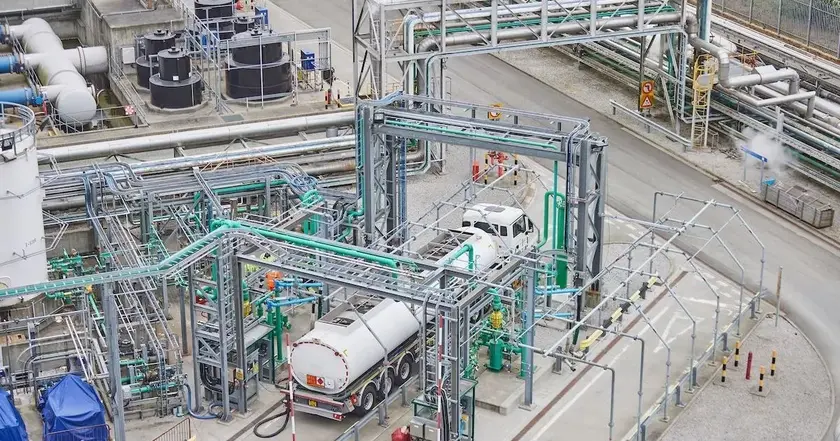T4K3.news
Bioethanol plant to close in Lincolnshire
The government will not fund the Vivergo facility; 160 jobs at risk as wind-down begins.
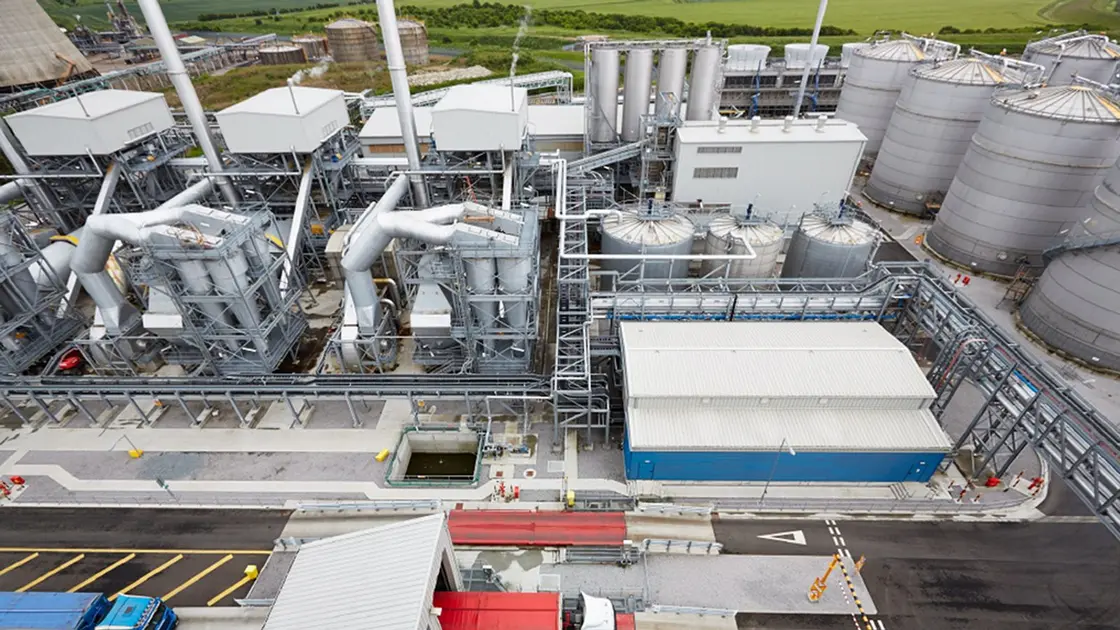
The Lincolnshire plant will wind down after the government rejects financial support, affecting 160 jobs and the region’s clean fuel ambitions.
UK bioethanol plant to close after bailout refusal
The UK’s largest bioethanol plant, operated by Vivergo in Lincolnshire, will close after the government declined a bailout. The facility employs about 160 workers and ABF, the parent company, said the wind-down is likely to begin. The plant has long warned it would shut without state help and ABF called the decision deeply regrettable, arguing it costs a national asset and potential growth in the Humber.
Vivergo has blamed the UK-US trade deal, which ended a 19% tariff on imported ethanol, for making the operation unviable. Ethanol tariffs were cut along with beef tariffs as part of the package, which the government says supported key jobs in auto and aerospace while the plant faced high energy costs. The plant was already losing around £3 million a month before the trade deal, a factor officials and unions say worsened the financial strain. The government says it has worked with the company since June to tackle the financial challenges but decided not to offer direct funding, arguing it would not deliver value for taxpayers and would not solve long‑term problems in the industry.
Key Takeaways
"Direct funding would not provide value for the UK taxpayer or solve the long-term problems of the bioethanol industry."
government spokesman explaining bailout decision
"Short-sighted and totally disregards the benefits the domestic bioethanol sector will bring to jobs and energy security"
Sharon Graham of Unite on the decision
"Theyre not numbers in a spreadsheet These are lives put on hold and communities potentially devastated"
Charlotte Brumpton-Childs of GMB on impact
"This is a difficult time for the workers and their families and we will work with trade unions to support them through this process"
government spokesperson on worker support
This decision spotlights a broader struggle over how far the state should back cleaner fuels when market forces tilt toward volatility. It also raises questions about regional energy security and the future of industrial policy in a low‑carbon transition. While officials emphasize the long view of CO2 resilience and the importance of protecting taxpayers, the move risks casting doubt on Britain’s commitment to domestic biofuels as a tool for both jobs and emissions targets. In short, a policy choice now will echo in how communities plan for a future where energy and industry intersect.
Highlights
- Jobs at risk deserve a real plan not empty promises
- Policy decisions at ground level shape lives in communities
- Trade deals can make or break local industries in seconds
- Energy resilience demands more than short term numbers
Bioethanol plant closure risks local jobs and energy strategy
The decision raises budgetary and political questions about supporting renewable industries during market volatility and retrenchment. It could affect public reaction and investor confidence in regional energy projects.
The case illustrates a turning point in how Britain supports clean energy under budget and political constraints.
Enjoyed this? Let your friends know!
Related News

Bioethanol plant closure in Hull

Hull bioethanol plant at risk
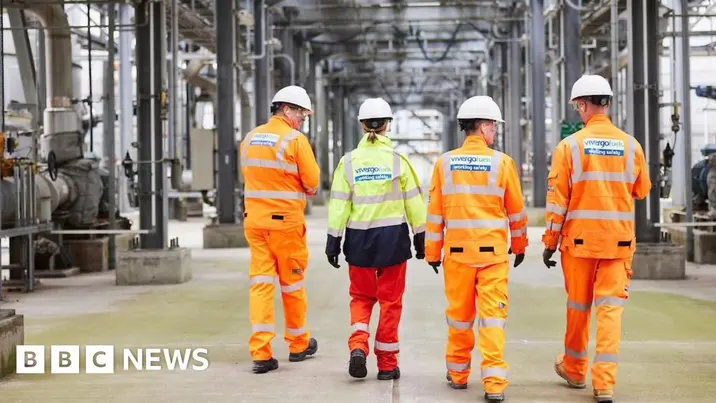
Bioethanol plants face closure

Concerns rise over the government's industrial strategy
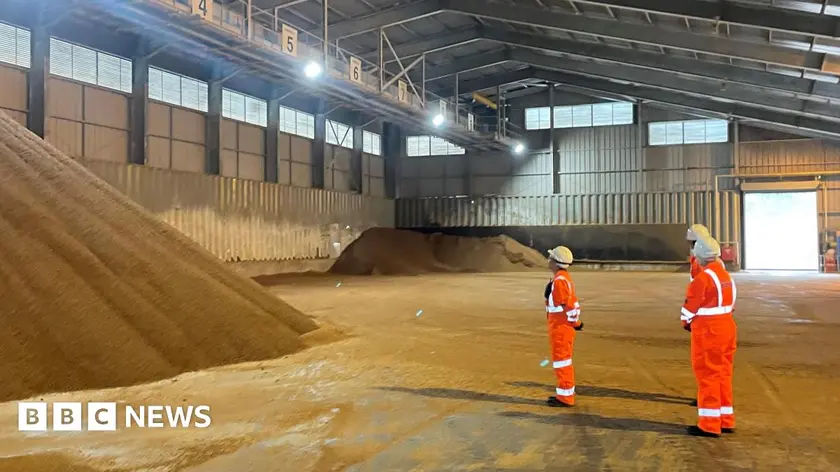
UK bioethanol plants shut down

Vivergo closure signals shift in UK clean fuel policy
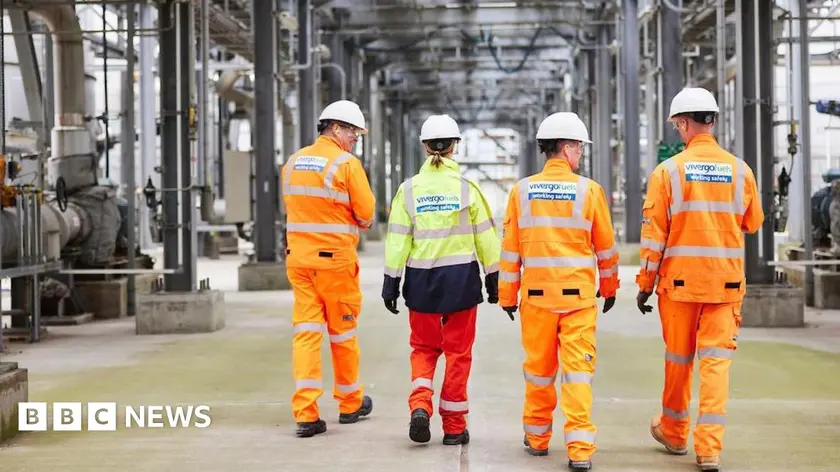
UK bioethanol plants face collapse

Prax Lindsey oil refinery to close
